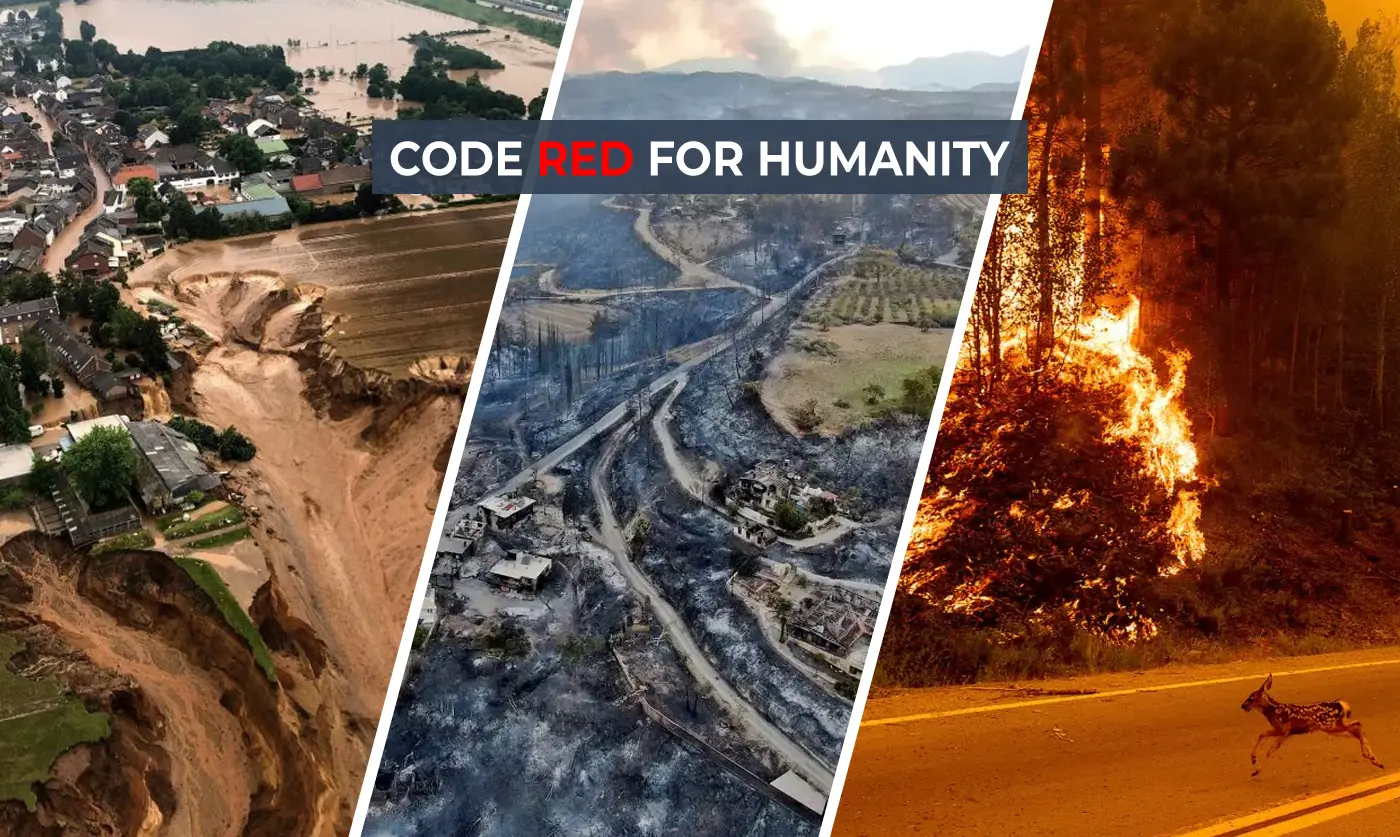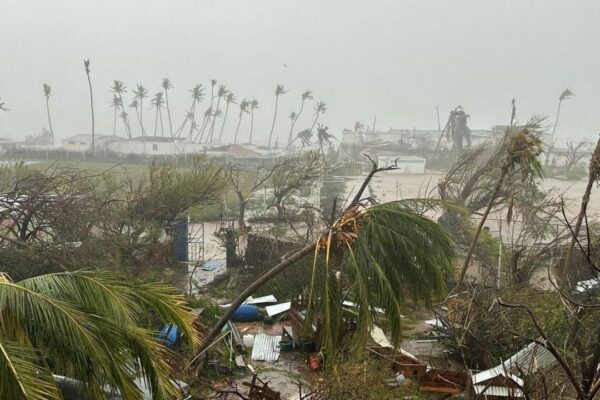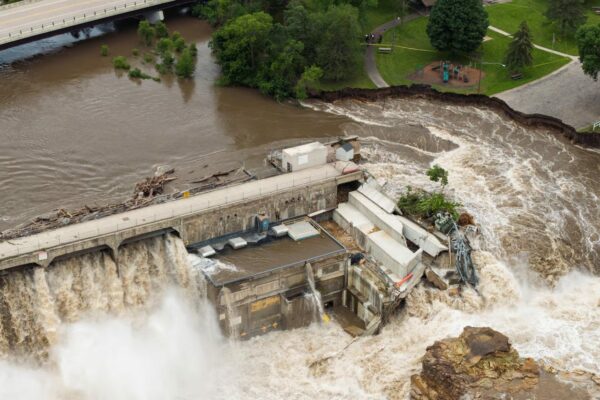85 Percent of Global Population Affected by Climate Change, Study
New study shows that over three quarters of the world’s populace is suffering from what has come to known as climate crisis
The world is facing a climate emergency, which has threatened millions of people and billions of animal species across the globe. Experts and countless studies have time and again warned humankind against the effects of changing climatic conditions. A recent study has estimated that 85 percent of the global population is affected by climate change.
While the impacts of changing climate and rising global temperatures are fairly known, the report presents overwhelming evidence that threatens most of the life on the planet. The latest IPCC report has already given a dire warning that every region on the earth will be affected by global warming.
This startling study comes ahead of COP26, the UN Climate Change Conference in Glasgow, which will bring world leaders together to make new commitments to a zero-carbon future.

Published in the journal Nature Climate Change, the study used machine learning technology to analyze over 60,000 climate change-related studies and papers. The study was led by Max Callaghan of Berlin’s Mercator Research Institute on Global Commons and Climate Change.
Researchers said;
There is overwhelming evidence that the impacts of climate change are already being observed in human and natural systems. We infer that attributable anthropogenic impacts may be occurring across 80% of the world’s land area, where 85% of the population reside.
Callaghan and his team used machine learning to highlight the planet’s condition as the magnitude of the climate crisis becomes clearer and reveal the gaps within the scientific study.
They fed machine learning software called BERT or “bidirectional encoder representations from transformers” over 2,300 abstracts on papers related to climate change. The machine then identified climate change impacts and the relationship between the timing of snowmelt and the mammal population growth.
It aimed to provide an essential perspective that maps all possibly relevant studies on climate-related changes.
Via: CNet


